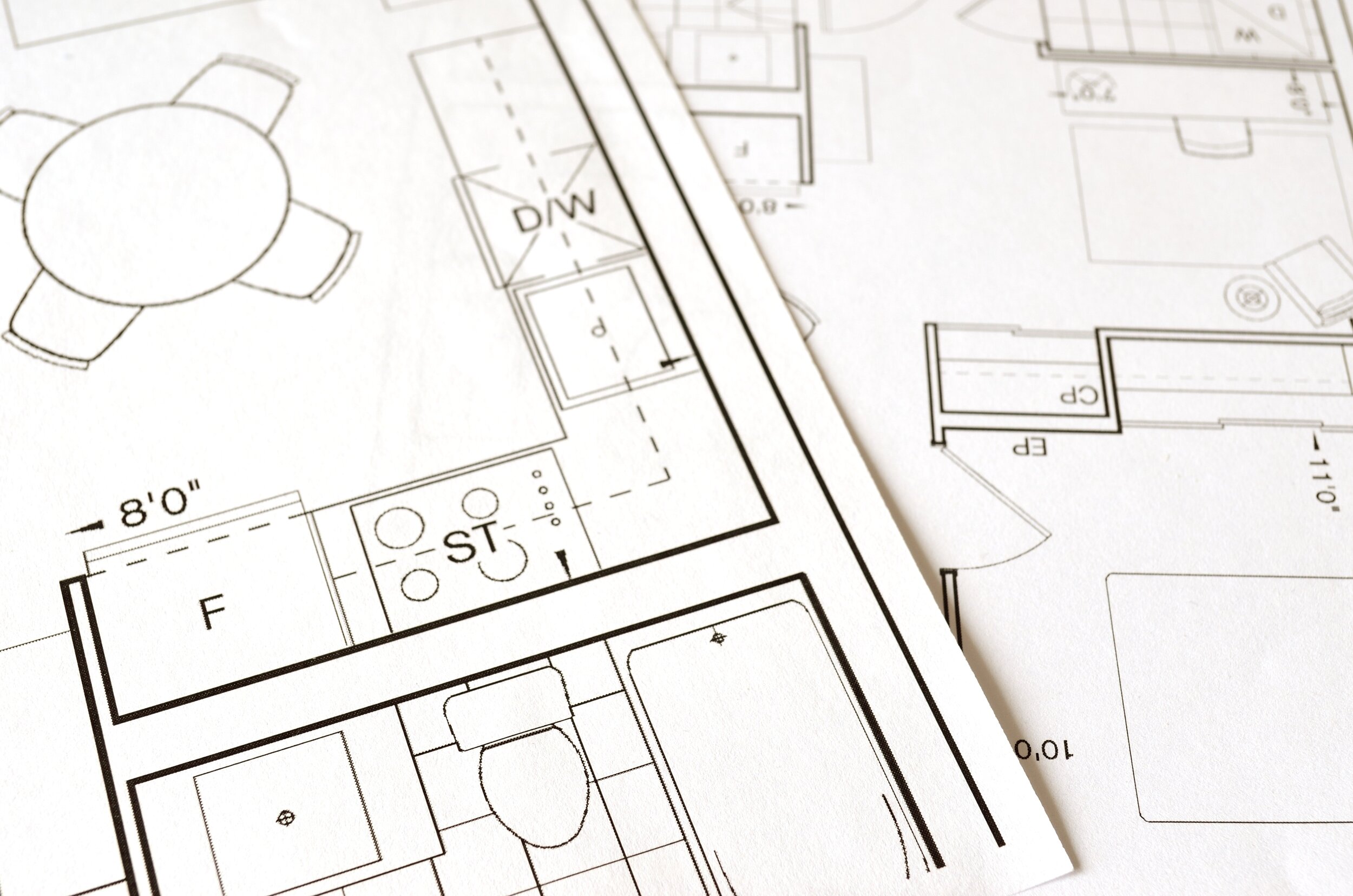The Art of Balance: Exactly How Interior Design and Home Architect Collaborate for Stunning Outcomes
In the world of home design, striking an equilibrium between aesthetics and capability is no small accomplishment. This fragile equilibrium is accomplished through the harmonious partnership between interior developers and architects, each bringing their one-of-a-kind know-how to the table. Remain with us as we discover the intricacies of this collaborative process and its transformative impact on home style.
Understanding the Core Distinctions Between Interior Style and Home Architecture
While both interior style and home design play necessary roles in developing cosmetically pleasing and useful rooms, they are naturally different techniques. It deals with the 'bones' of the structure, functioning with spatial measurements, load-bearing wall surfaces, and roof styles. On the various other hand, indoor layout is extra concerned with boosting the aesthetic and sensory experience within that framework.
The Synergy Between Home Design and Interior Design
The harmony between home style and Interior Design exists in a common vision of style and the enhancement of useful aesthetic appeals. When these 2 areas line up harmoniously, they can change a space from average to extraordinary. This cooperation requires a deeper understanding of each self-control's principles and the capacity to create a natural, aesthetically pleasing atmosphere.
Unifying Design Vision
Linking the vision for home design and indoor layout can produce a harmonious living room that is both functional and cosmetically pleasing. It advertises a collaborating technique where building elements complement indoor layout components and vice versa. Thus, unifying the style vision is important in blending style and interior style for sensational outcomes.
Enhancing Functional Aesthetic Appeals
Just how does the harmony in between home architecture and Interior Design boost useful aesthetics? This harmony enables the creation of spaces that are not only visually enticing but likewise easily functional. Engineers lay the foundation with their architectural style, ensuring that the room is efficient and sensible. The indoor developer after that matches this with very carefully selected elements that enhance the looks without endangering the capability. This harmonious collaboration can result in homes that are both liveable and gorgeous. A designer may develop a residence with huge windows and high ceilings. The indoor designer can then accentuate these attributes with sheer curtains and high plants, respectively, hence boosting the visual allure while maintaining the functional benefits of all-natural light and spaciousness.
Significance of Partnership in Creating Balanced Spaces
The collaboration between interior developers and engineers is essential in creating balanced rooms. It brings harmony between layout and design, giving birth to spaces that are not only visually pleasing yet also useful. Exploring successful collective approaches can provide understandings right into how this synergy can be successfully achieved.
Balancing Design and Design
Equilibrium, a vital element of both indoor layout and architecture, can only truly be attained when these two areas work in harmony. This collaborative procedure results in a natural, well balanced style where every element adds and has an objective to the general visual. Balancing style and design is not just regarding developing gorgeous spaces, however about crafting spaces that work flawlessly for their occupants.
Successful Collaborative Approaches

Situation Researches: Effective Combination of Style and Style
Examining numerous situation studies, it becomes obvious how the successful integration of interior design and design can view it change a space. Architect Philip Johnson and indoor designer Mies van der Rohe worked together to develop a harmonious balance in between the framework and the interior, resulting in a smooth flow from the exterior landscape to the internal living quarters. These situation researches underscore the extensive effect of an effective design and architecture cooperation.

Getting Rid Of Challenges in Layout and Design Collaboration
In spite of the obvious benefits of an effective collaboration in between interior layout and style, it is not without its difficulties. Designers might focus on structural integrity and safety and security, while designers focus on convenience and design. Reliable interaction, mutual understanding, and compromise are crucial to overcome these difficulties and accomplish a unified and effective cooperation.

Future Fads: The Developing Relationship In Between Home Architects and Inside Designers
As the world of home design proceeds to develop, so does the relationship between designers and interior designers. Alternatively, interior designers are accepting technological aspects, affecting general format and functionality. The future assures a much more cohesive, ingenious, and adaptive strategy to home layout, as developers and engineers continue to blur the lines, fostering a relationship that truly symbolizes the art of equilibrium.
Final thought
The art of equilibrium in home layout is achieved via the harmonious partnership in between indoor developers and designers. Regardless of obstacles, this partnership fosters growth and technology in layout.
While both indoor style and home architecture play necessary duties site link in producing cosmetically pleasing and practical areas, they are naturally different self-controls.The harmony in between home style and interior layout exists in a common vision of style and the improvement of functional aesthetics.Merging the vision for home architecture and indoor layout can develop a harmonious living space that is both practical and visually useful link pleasing. Hence, unifying the layout vision is vital in mixing design and interior design for sensational results.
Exactly how does the synergy between home architecture and indoor layout improve functional looks? (Winchester architect)